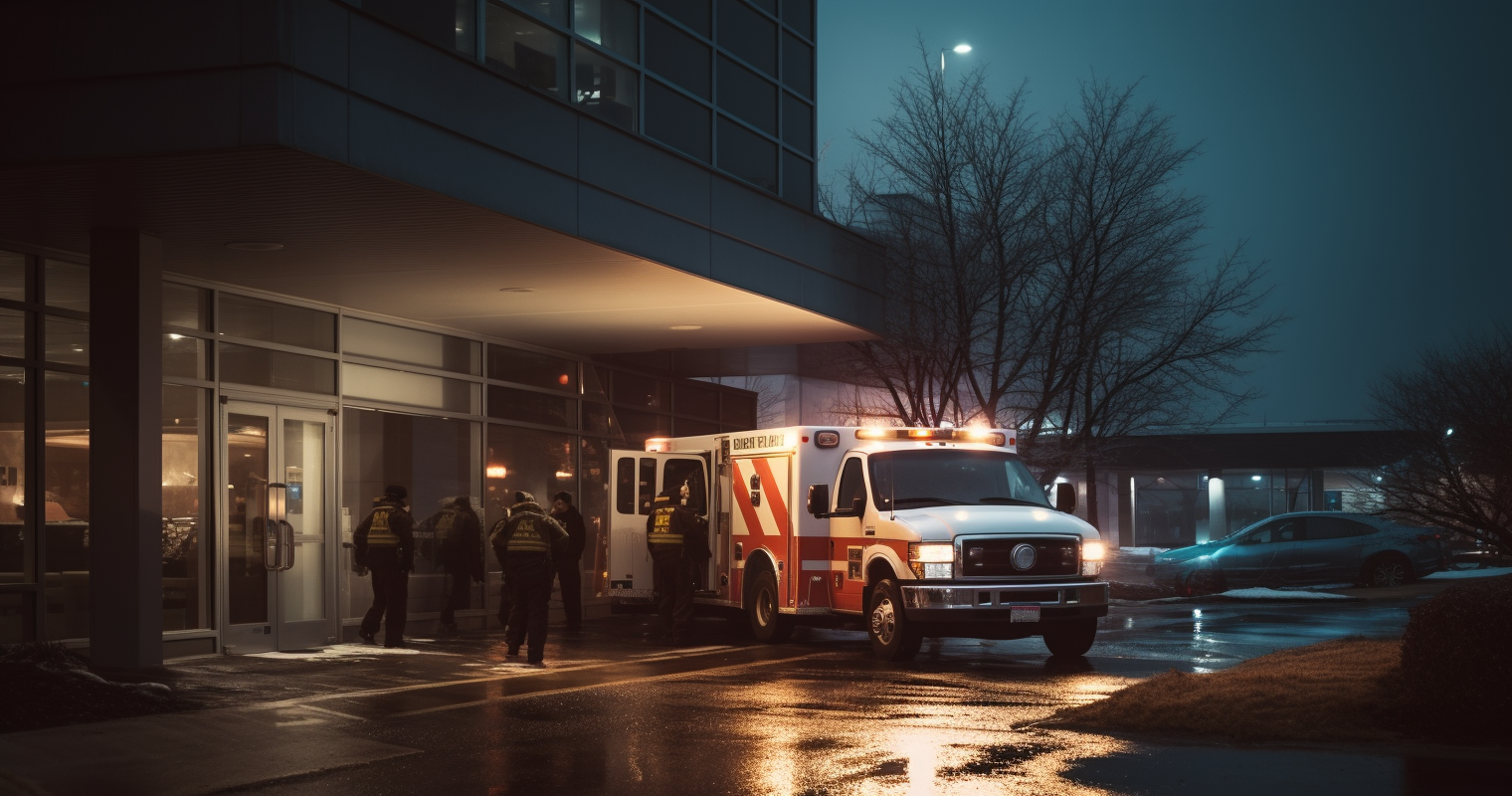Emergencies in the Philippines
The Philippines is a beautiful island country located in Southeast Asia. With a population of over 100 million people, it is the 12th most populous country in the world. In the event of an emergency, it is important to know what to do and where to go for help. This article will answer the following questions:
- What is the phone number to call for emergency medical assistance in the Philippines? Include information for mental health emergencies.
- Where can you go for emergency medical treatment in the Philippines?
- Is emergency treatment free in the Philippines or is there a cost involved? Is insurance required?
Emergency Medical Assistance
In the Philippines, the emergency phone number is 911. This number can be used to call for emergency medical assistance, as well as police and fire services. It is important to note that while 911 is available throughout the country, it may not always be reliable in some areas. It is recommended to have a backup plan in case 911 is not available.
For mental health emergencies, the National Center for Mental Health (NCMH) can be reached at (02) 7-989-8727 or 1553 (toll-free for Globe and TM subscribers). The NCMH provides 24/7 crisis hotlines for those who need immediate assistance.
Emergency Medical Treatment
There are several options for emergency medical treatment in the Philippines, including hospitals, clinics, and urgent care centers. The quality of care can vary greatly depending on the location and facility.
One of the most well-known hospitals in the Philippines is the Philippine General Hospital (PGH), located in Manila. It is a government-run hospital that provides free or low-cost medical care to patients. However, due to the large number of patients, the waiting times can be long and the facilities may be overcrowded.
Private hospitals and clinics are also available in the Philippines, offering higher quality care at a higher cost. Some of the most well-known private hospitals include St. Luke’s Medical Center, Makati Medical Center, and Asian Hospital and Medical Center.
In addition to hospitals and clinics, there are also urgent care centers available in the Philippines. These centers provide medical care for non-life-threatening emergencies and can often be less expensive than a hospital visit. However, it is important to note that urgent care centers may not have the same level of resources as a hospital in the event of a serious emergency.
Cost of Emergency Treatment
Emergency treatment in the Philippines can vary greatly in cost depending on the facility and type of care needed. In government-run hospitals such as the Philippine General Hospital, emergency treatment is generally free or low-cost. However, there may still be additional fees for medications and other services.
In private hospitals and clinics, emergency treatment can be much more expensive. It is important to have insurance or a way to pay for medical care in the event of an emergency.
For those who do not have insurance, the Philippine Health Insurance Corporation (PhilHealth) is a government-run program that provides medical coverage for eligible individuals. However, coverage can be limited and not all hospitals and clinics accept PhilHealth.
In the event of an emergency in the Philippines, it is important to know what resources are available for medical assistance and treatment. The emergency phone number is 911 and the National Center for Mental Health can be reached at (02) 7-989-8727 or 1553. Hospitals, clinics, and urgent care centers are all available for emergency medical treatment, with varying levels of quality and cost. While emergency treatment may be free or low-cost in government-run hospitals, private facilities can be much more expensive. It is important to have insurance or a way to pay for medical care in the event of an emergency.

